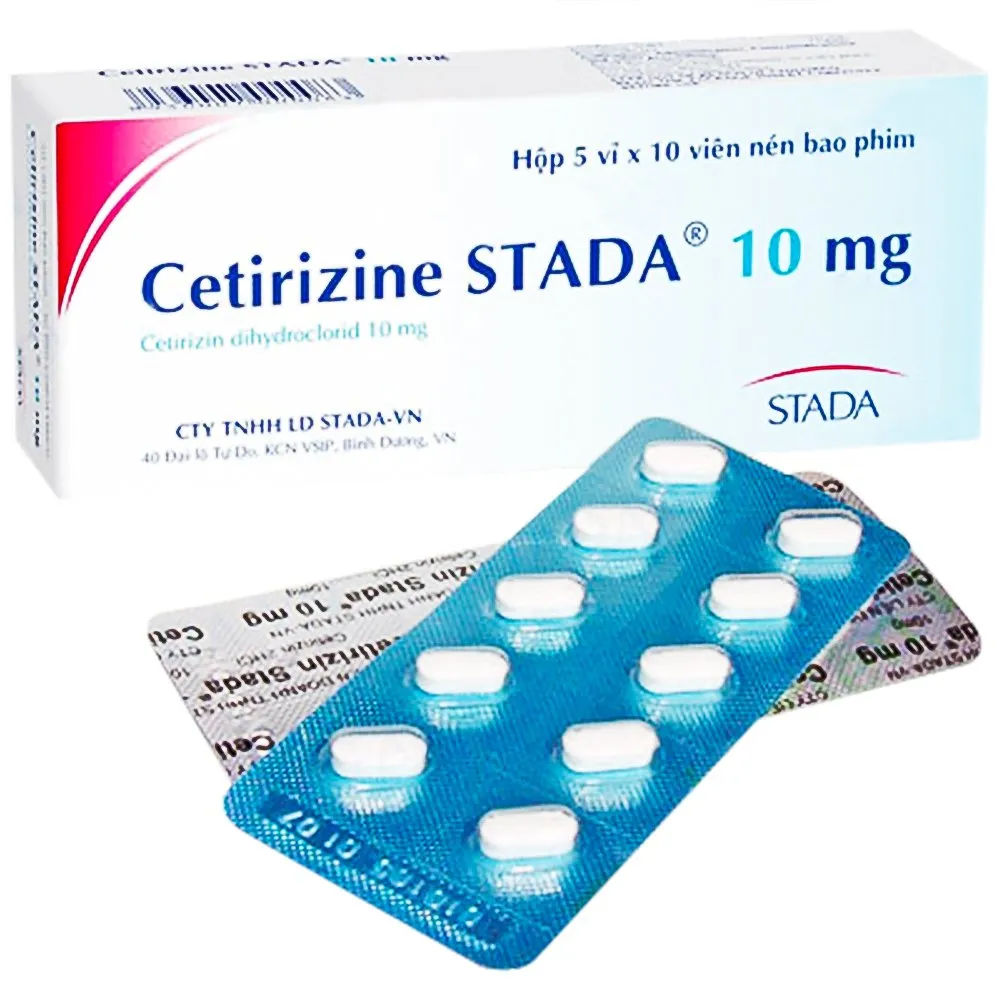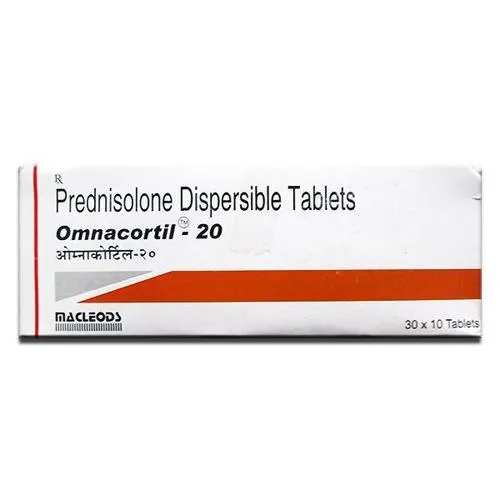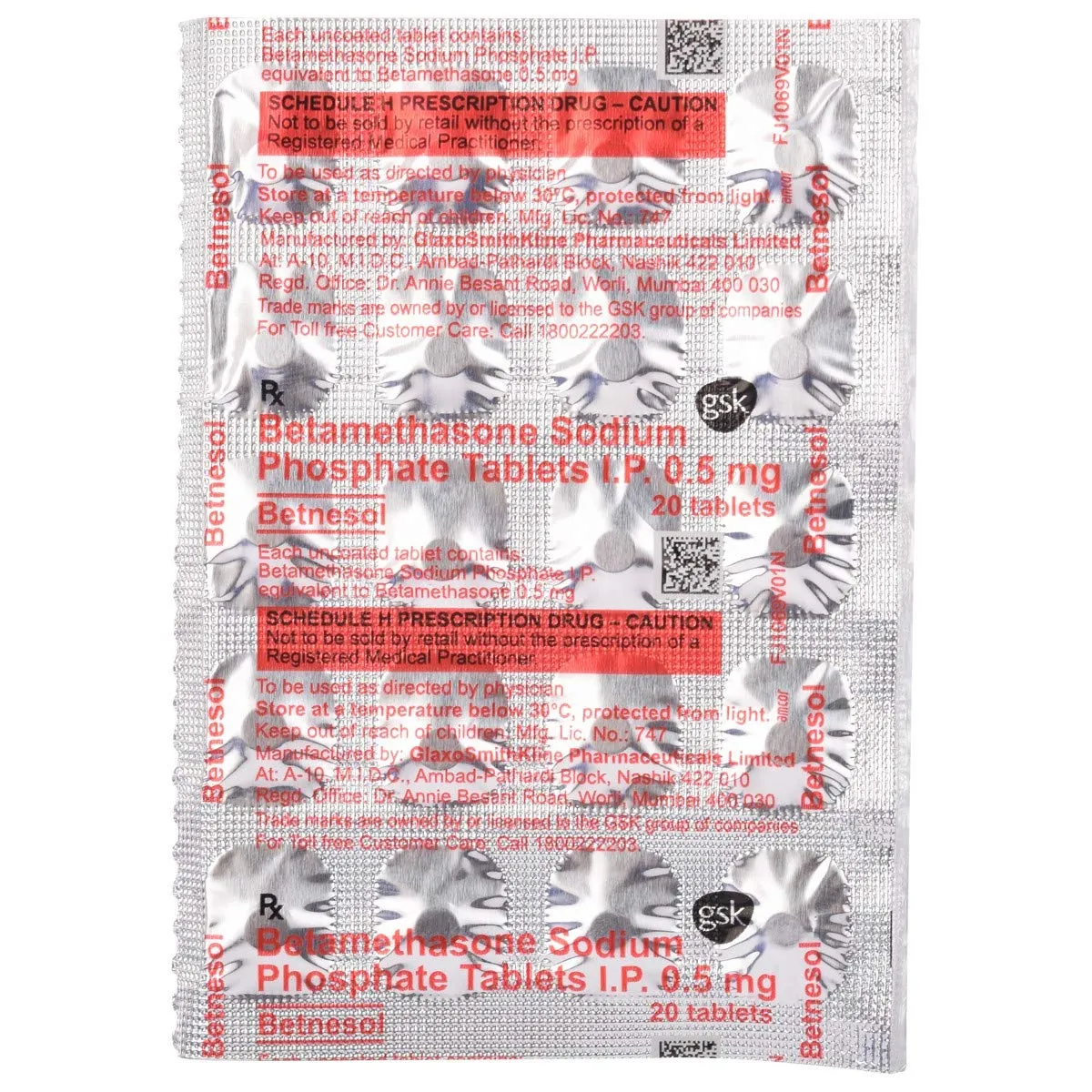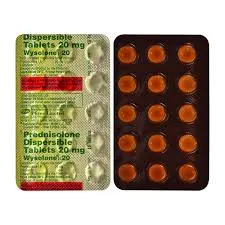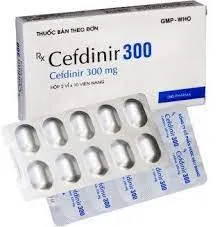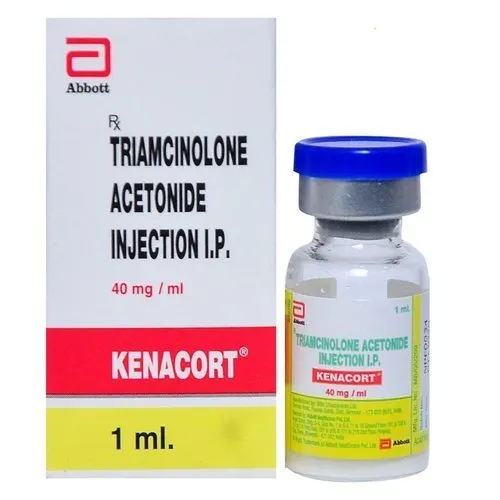Cetirizine 10 mg
Welcome to our comprehensive guide on Cetirizine 10 mg, a popular antihistamine used to relieve allergy symptoms. In this article, we will explore the details of Cetirizine 10 mg, including its uses, dosage, potential side effects, precautions, and other essential information.
What is Cetirizine 10 mg?
Cetirizine 10 mg is a second-generation antihistamine that is commonly used to relieve allergy symptoms, such as sneezing, runny nose, itching, and watery eyes. It works by blocking the action of histamine, a substance produced by the body during allergic reactions.
Uses of Cetirizine 10 mg
Cetirizine 10 mg is primarily used to alleviate symptoms associated with seasonal allergies (hay fever) and year-round allergies (perennial allergic rhinitis). It is also prescribed to manage symptoms of chronic urticaria (hives) in both adults and children.
Dosage and Administration
The dosage of Cetirizine 10 mg varies depending on the age of the patient and the severity of allergy symptoms. It is essential to follow the instructions provided by your healthcare provider or the product label. The medication is typically taken orally, with or without food, once daily.
Potential Side Effects
Cetirizine 10 mg is generally well-tolerated, but like all medications, it may cause side effects in some individuals. Common side effects may include:
- Drowsiness (although less common than with first-generation antihistamines)
- Dry mouth
- Headache
- Nausea
- Fatigue
Most side effects are mild and resolve on their own. However, if you experience severe or persistent side effects, consult your healthcare provider.
Precautions and Warnings
While Cetirizine 10 mg is considered safe for many individuals, certain precautions should be taken:
1. Pregnancy and Breastfeeding
If you are pregnant or breastfeeding, consult your doctor before taking Cetirizine 10 mg. While the medication is generally not associated with harmful effects during pregnancy, it is essential to seek medical advice.
2. Liver or Kidney Impairment
Individuals with severe liver or kidney impairment may require dosage adjustments. Consult your healthcare provider for appropriate dosing in such cases.
3. Other Medications
Inform your healthcare provider about all the medications, supplements, or herbal products you are taking. Cetirizine 10 mg may interact with certain drugs, affecting their effectiveness or causing adverse effects.
Overdose and Emergency Information
In case of an overdose or emergency, seek medical attention immediately. Symptoms of overdose may include restlessness, drowsiness, and dry mouth.
Conclusion
In conclusion, Cetirizine 10 mg is a widely used antihistamine that provides effective relief from allergy symptoms, including sneezing, itching, and runny nose. Understanding its uses, dosage, potential side effects, precautions, and interactions is crucial for both patients and healthcare providers.
As always, this article serves as an informative guide and should not replace professional medical advice. If you have any specific concerns or questions about Cetirizine 10 mg, consult your healthcare provider for personalized guidance.


